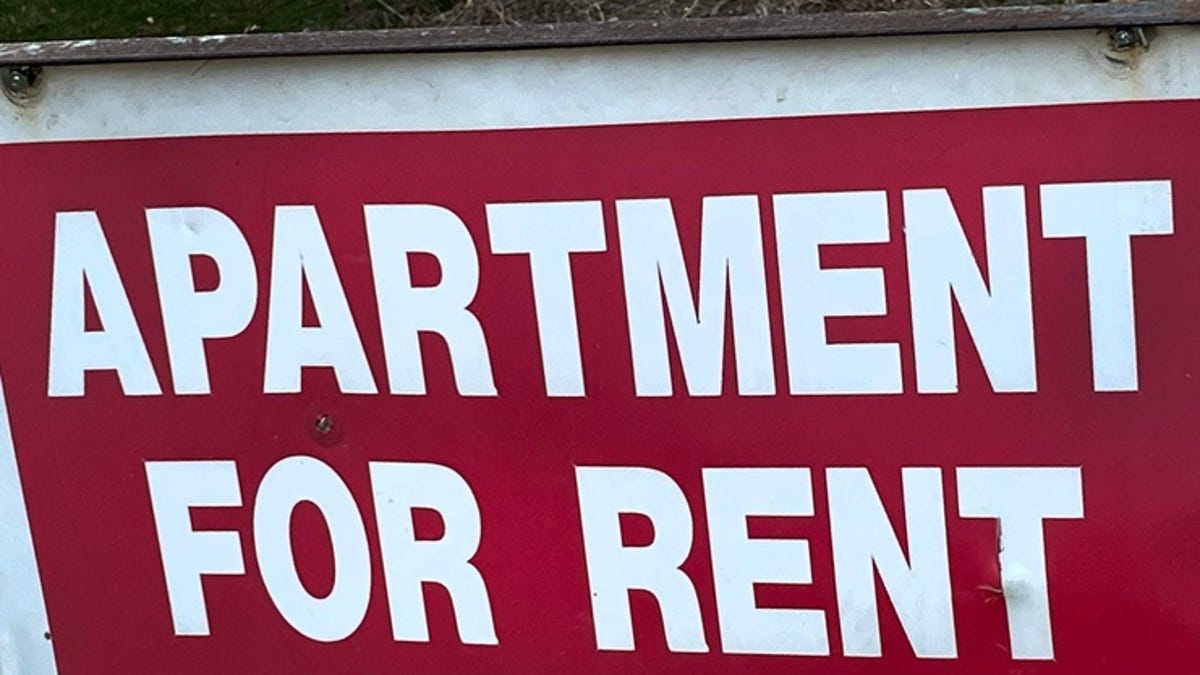The most prominent forms of rent stabilization are in New York and Los Angeles. Here is why these policies are misguided.

Here’s how much homeownership costs per year, on top of your mortgage
Bankrate finds the typical family home comes with an added price tag: $18,000 in “hidden expenses” every year. (Scripps News)
Scripps News
On Nov. 12, Los Angeles passed reforms to their rent control program, sharply curbing the amount that property owners are allowed to raise rents annually.
Some have framed this as a victory for tenants, but the expansion of these policies is a tragedy for all who enjoy living in affordable cities.
Rent control is a dangerous policy that threatens to destroy America’s cities. It inevitably reduces housing supply, drives up the rates of nonregulated units and causes regulated units to fall into disrepair.
Rent controls involve caps on the amount that landlords can increase the rent on an annual or per-lease basis. They are a recent favorite of far-left mayors, but they are anything but a new policy. The devastating effects of rent controls are well-documented, and the policy is even more disproven by basic economics.
Rent control disincentivizes the No. 1 way to bring down housing costs: increasing the supply of housing. When more housing is available, renters have more choices competing for their dollars, which drives prices down. When there are fewer units available, more renters compete for them, driving prices up.
Rent control is an old and well-documented, horrible policy
The most prominent forms of rent stabilization are in New York and Los Angeles, both of which broadly exempt new construction from the policies, instead applying them to units built before a certain date.
But even these have problems. Rent stabilization policies make it less likely for people occupying stabilized units to move. This reduces the supply of available housing for new renters, thus increasing the rates they pay.
The supposed “beneficiaries” of the program also have some serious issues. By preventing landlords from raising rent at market rate, landlords no longer have the revenue to make improvements on or even maintain their existing units.
This isn’t economic theory; this is the reality in places like New York City, where some owners of rent-controlled buildings find it preferable to take units off the market than to rent at such artificially low rates. The rental income they are allowed to collect isn’t worth the cost of the repairs needed to make some units livable.
New York is in the midst of a dire housing shortage, with a vacancy rate of just 1.4%, the lowest since 1968. A mix of the problems, such as onerous zoning restrictions and the natural challenges of high-density building, has made new construction rare in NYC.
A shifting policy landscape that is unfriendly to property owners also disincentivizes new construction investments.
The result is reduced rent for those who are a part of the program, but rising rents for everyone else. This could be the redistributive goal of its socialist advocates, but it is backward economically.
Opinion alerts: Get columns from your favorite columnists + expert analysis on top issues, delivered straight to your device through the USA TODAY app. Don’t have the app? Download it for free from your app store.
Lastly, rent controls incentivize people to stay in their housing for as long as possible, as the only time owners get to reset their rates is when they get new tenants. The result is more people residing in housing long term, even when their housing needs have changed.
Rent controls are nothing more than a bribe
A free market approach eliminates these inefficiencies. People make rational decisions about their space, location and budgetary needs, and remain in housing or move accordingly. If people cannot afford the raised rents, they move. This isn’t the tragedy that socialists make it out to be, but rather people making correct decisions about where they ought to live.
Socialists capitalize on the economic illiteracy of their voters by promising to bribe them with a “rent freeze” and destroy their city’s housing market in the long run. This is precisely the sort of messaging put forward by New York Mayor-elect Zohran Mamdani on the campaign trail, which featured his promise of to freeze the rent.
People like Mamdani sell the snake oil that the government can subsidize choices that go against market principles on the backs of supposed greedy landlords.
The reality is that the entire market suffers as a result of bad policy that only benefits a select few.
Americans should hope that urbanites wise up and stop voting for policies that ruin their housing market in the long run. However, if recent events are any indication, people will take the short-term bribe over long-term growth every time.
Dace Potas is an opinion columnist for USA TODAY and a graduate of DePaul University with a degree in political science.
